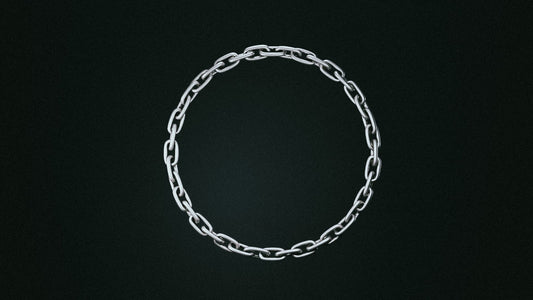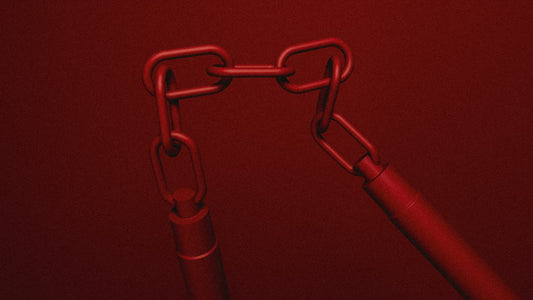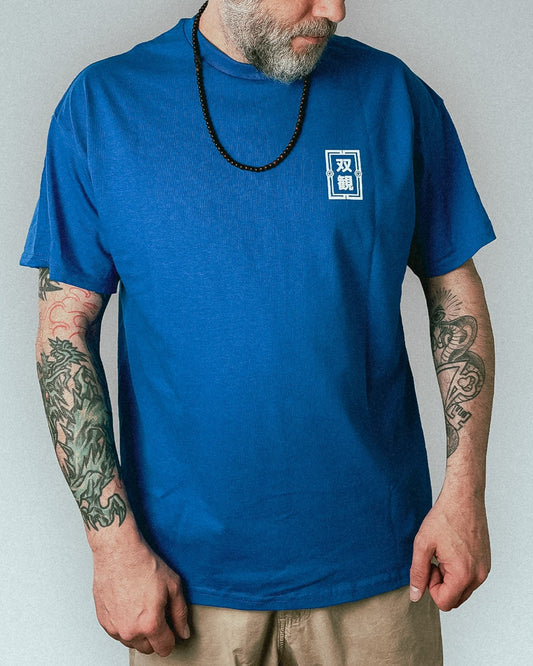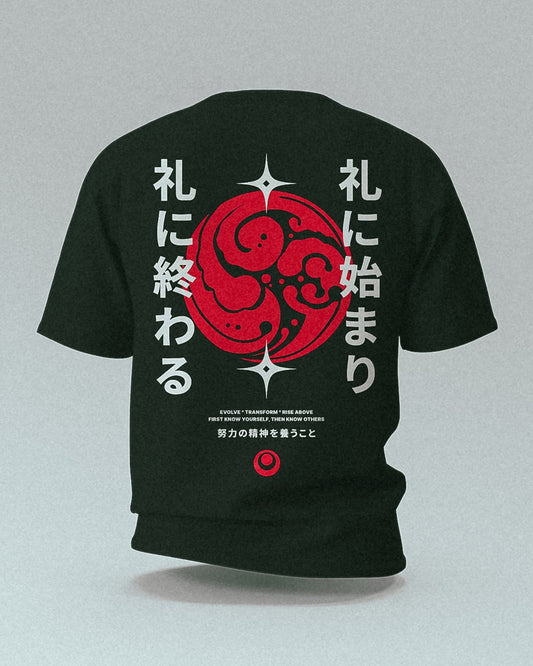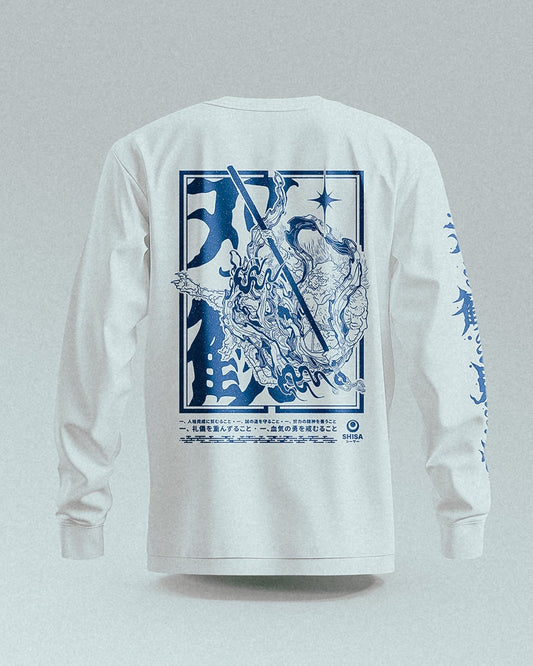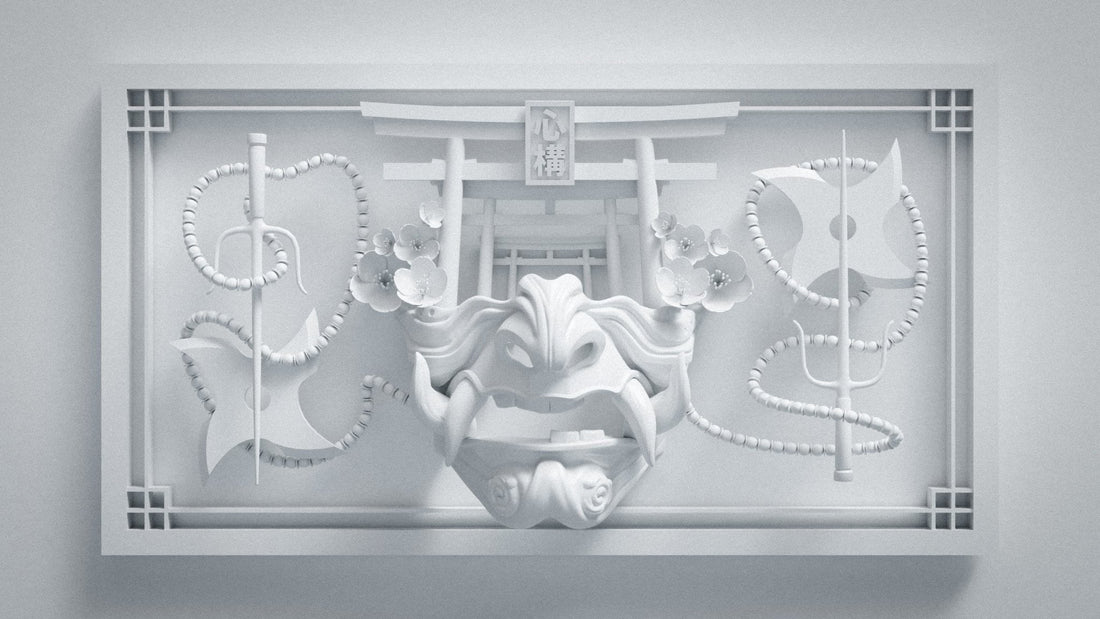
The Mental Dojo
Have you ever spent a long time working on Tekki Shodan, trying to get a Kimura straight or master a Sinawali six count? Endless repetitions to push one technique towards perfection – and then it clicks. Leaving you with a matrix-like feeling. This flowstate is the magic of martial arts training, no matter which style you practice.
From a science perspective
We have the ability to physically transform our brain. Like a muscle we can manipulate it's structure through learning a new skill or perform physical exercise. Neuroplasticity is the brain's ability to reorganize itself by forming new neural connections and pathways.
During flowstate brain waves shift to theta frequency (4-7 Hz), which is similar to performing deep meditation. The brain releases neurochemicals including dopamine, endorphins, norepinephrine, and anandamide - creating the characteristic feeling of effortless focus and time distortion.
Aging better
A simple move from Heian Shodan looks totally different when a seasoned practioner performs it. You can see the meaning in each movement when they focus completely.
While children's brains show faster and more extensive plasticity due to higher neural growth factors and less established neural pathways, research confirms adults maintain considerable capacity for neural reorganization and growth.
The key difference is that adult neuroplasticity typically requires more consistent practice. Meaning while others might slow down mentally with age, continual martial arts training wether it be katas or any other flow movement keeps the brain sharp.
The Mental Dojo
In an age of technology assisted self-optimization and information overload it is often a good thing to step back and look into ancient wisdom and ways.
For example the japanese concept of Shuhari. It describes the stages of accomplishing a skill and master it. And taking in consideration what we 've already learned about the connection of flowstate practices and the plasticity of our brains it might as well be as effective as your latest meditation app or step tracker.
With trying comes failure and with repetition over time mastery. In the process of getting better and more skilled in your art you are building up mental resilience on the side. Frustration surely teaches you a thing or two about yourself :) So there is a lot more to gain aside the mere ability to move your body in new ways.
Thanks for reading and happy training!


